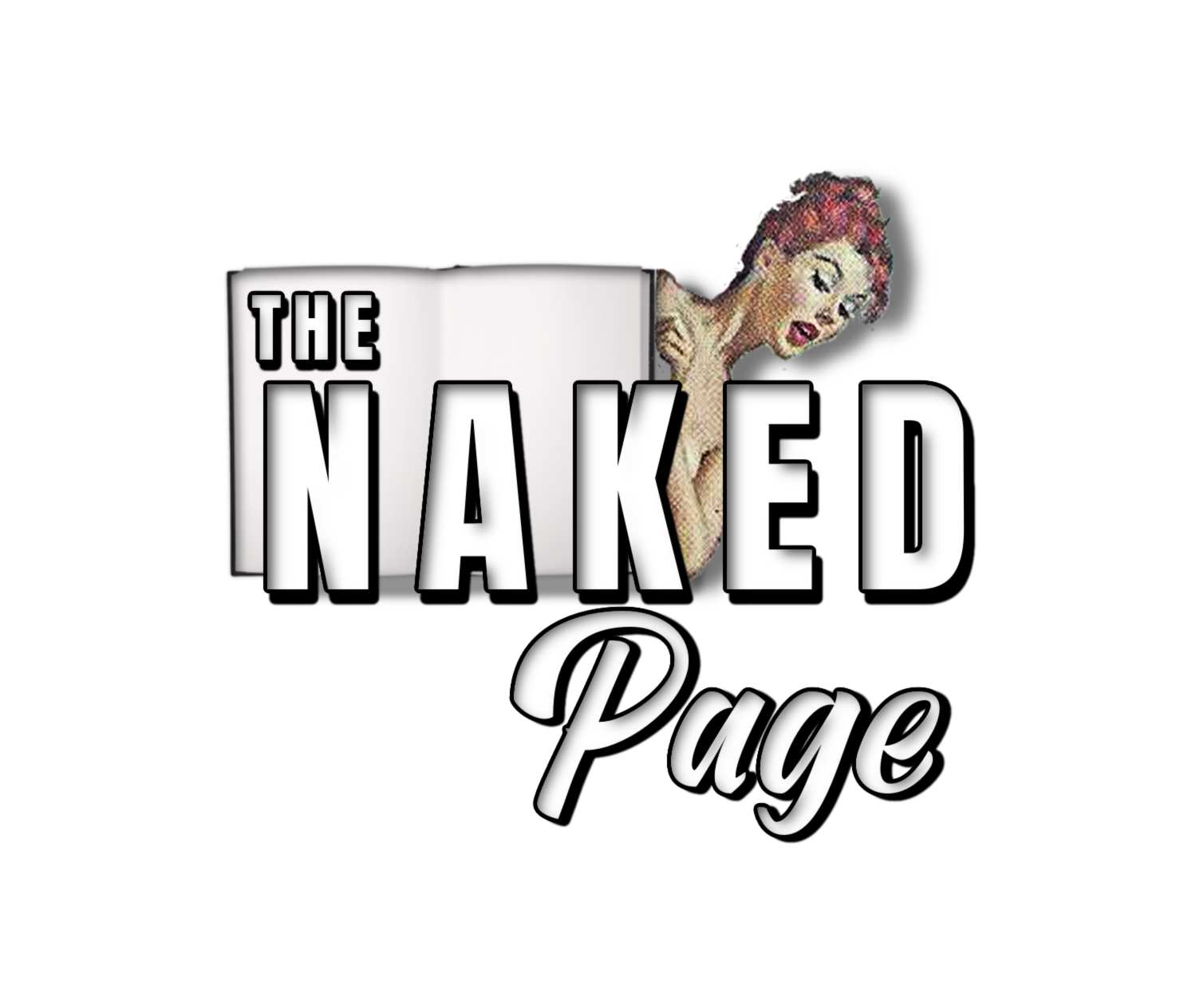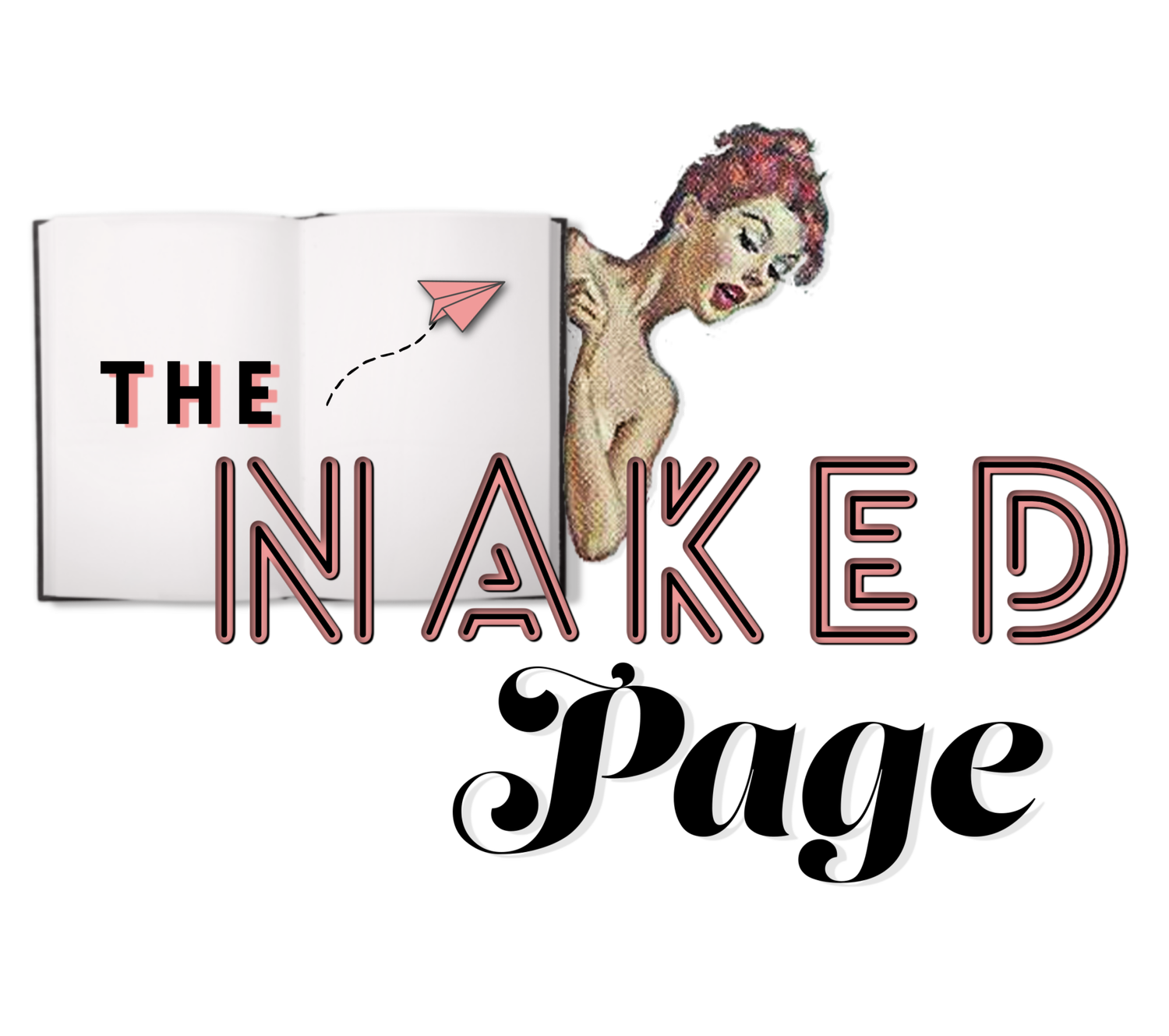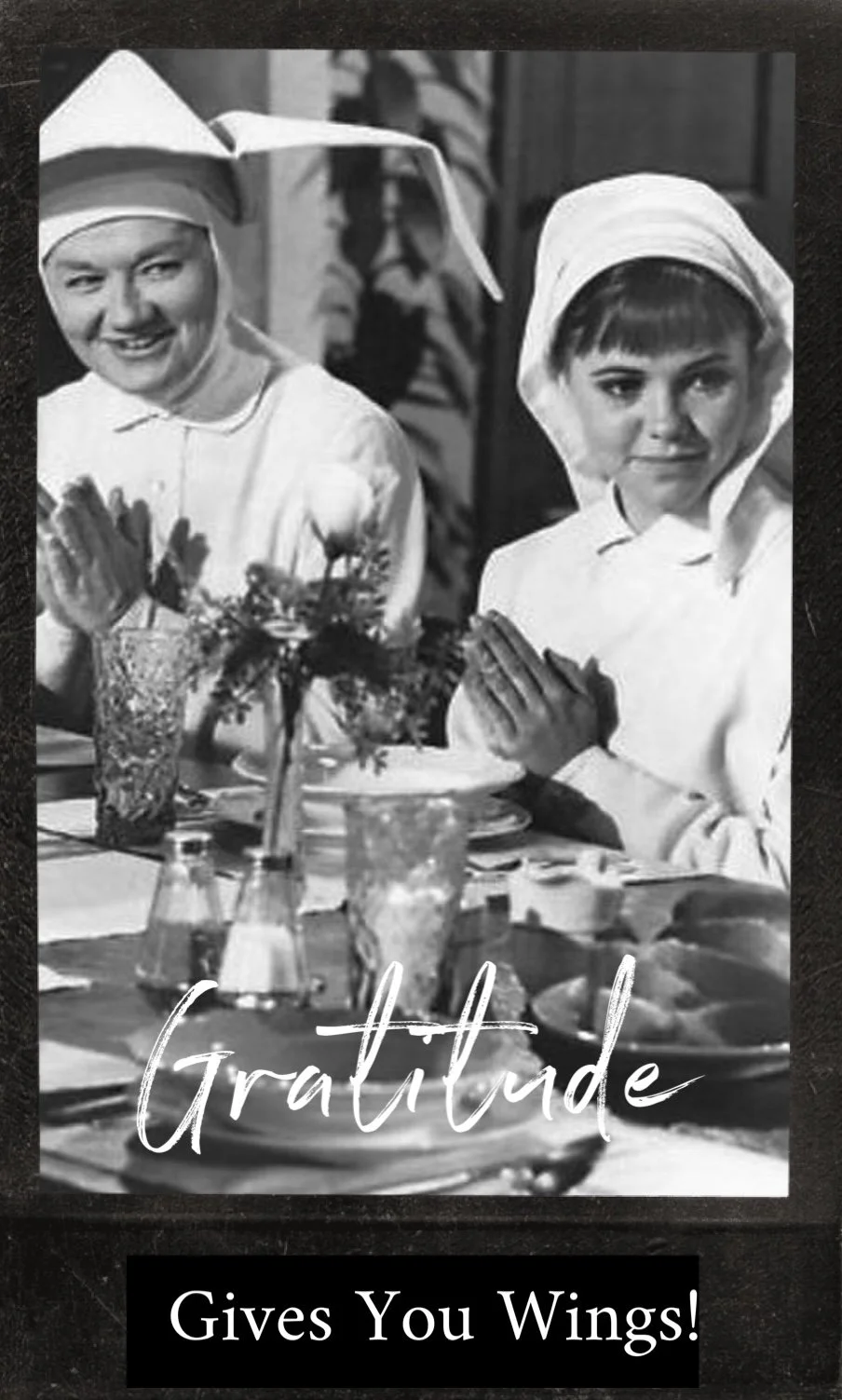The Selfish Art of Thank You Notes
We were late. So late. But better late than never, right?
I’m ashamed to admit that my husband and I finally sat down this weekend to write a pile of thank yous. But we did it. Longhand on each and every one.
Last year, we had a baby, I got hit with Hashimoto’s, and we rang in the New Year as newlyweds—our rollercoaster ride of domestic bliss. Think celebratory sparkles with lots of poop and other gross stuff. The presents and cards flooded in and many I responded to right away, but plenty got lost in the shuffle between new baby smell and the double visions of thyroiditis.
Part of the reason it took me so damn long to finish the cards was because as a writer, it’s impossible for me to just say thank you. I need to connect to people. When I talk about getting started writing, I say you should use whatever vehicle you can to get your words out. For me, that means technology. But when it comes to a thank you note, it’s gotta be handwritten. I know this can make for crampy hand syndrome, but the key is you don’t have to write much as long as it’s personal.
Why?
Thank you notes are more than just an obligatory way of acknowledging that ugly onesie your Great Aunt Betsy sent your mini-me. When someone gives you a gift, you get the opportunity to connect with them over your big life event. Your joyous occasion isn’t just about you!
Saying thank you has weight.
Despite my clumsy attempt at appreciation, I used to make it a point to show gratitude in small ways. I’d carry around tiny notecards when I was a flight attendant to leave a little kindness for shuttle drivers, hotel staff, or thoughtful passengers. And sometimes we’d get chocolates or other gifts in return. I loved this exchange.
But struggling with an illness while pumping boob juice, I’d lost that sense of gratitude. Isolated, it was easy to feel like I was the only person I could depend on. Like no one needed my appreciation except for maybe Pampers and Sunbasket in the form of dollar bills. But my husband learned the sacred art of gratitude as a recovering alcoholic and he advocated that I re-learn how to say thank you.
Heard, hubs.
I used to be an activist in another life, so I advocate for men pulling their weight, too. I put him to work. Ladies, you aren’t the only ones responsible for your family thank yous. Luckily, I married the kind of guy who jumped right in and started writing alongside me—he’s an author, too.
If you’re a writer, don’t just look at thank yous as something to mark off your To Do List.
Writing thank yous are more than a formal declaration of gratitude. Beyond the fancy stationery, a thank you card can inform your writing process. Think of each one as giving you firsthand access to your readers. Like with the audience of your memoir, this is a connection to your readers. Don’t think so much about what you want to say but how the reader will interpret your appreciation.
When writing a thank you, I make sure I:
am using the correct spelling of names
have the right address
mention what the giver sent to us
detail how much it means to me or how it’s improving our lives
give the reader a little inside info about the baby or our home
only write statements I sincerely mean in my own words—no generic Hallmark clichés, please
No, you aren’t polishing your characters or filling in plot holes by saying thanks. But thank yous will help you develop your craft of writing by developing your voice and considering your reader. Engaging authentically with that person. Unlike in most conversations, people don’t thank you for a thank you, so the connection stops abruptly. This is similar to how you may impact someone with your book and not even know it. You’ve got to be satisfied that your words made a difference in another person’s life. So, try to strike a cord in one sitting.
And if you’ve got a beta reader in your life, you should drop them a little thank you note, too. It’s a great habit to get into. Who’s that one person you need to send a thank you card to?


